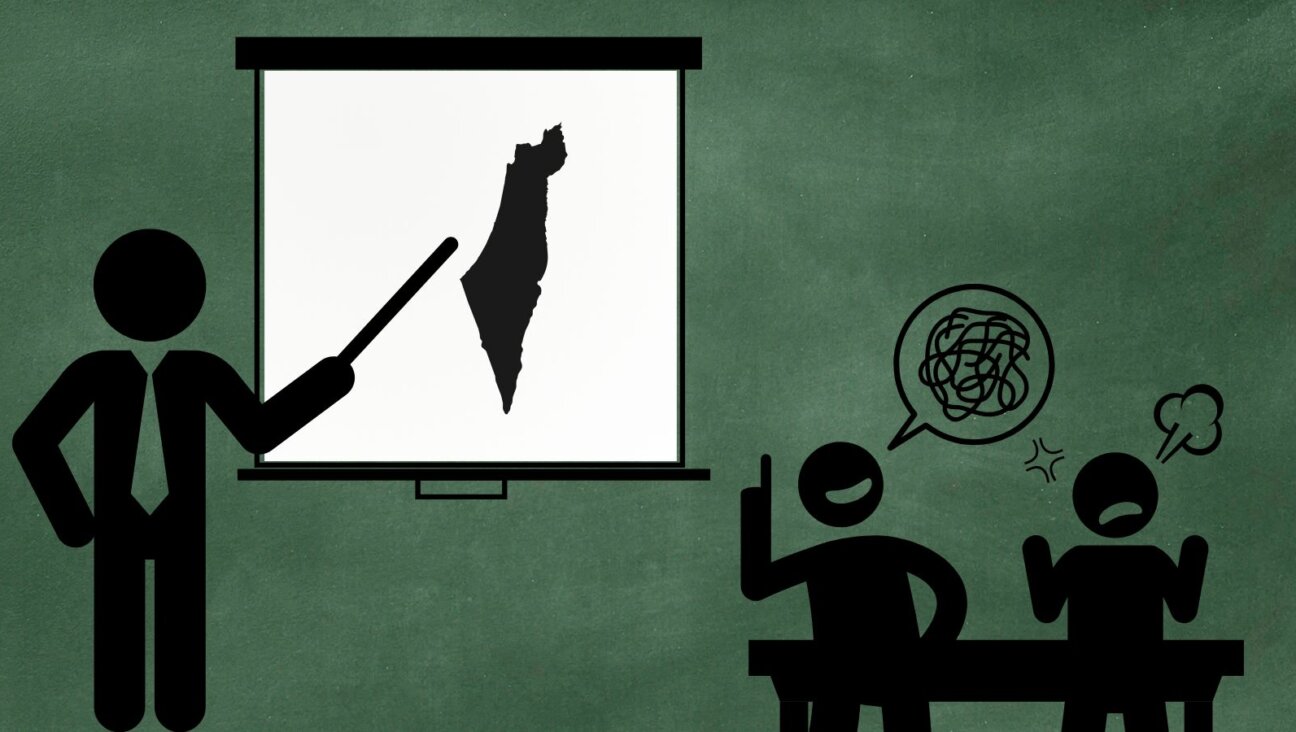Sephardi Mutations Raise Calls for Expanded Test
Researchers have discovered the first mutations responsible for hereditary breast and ovarian cancer among “pure” Sephardi Jews, leading to calls for a more comprehensive genetic test for high-risk women in Israel.
“When a woman of Sephardic origin used to come to our clinic, we would tell her, ‘You are not Ashkenazi, so you might have a mutation in BRCA1 or BRCA2, but it is hard to find it,’” said Dr. Michal Sagi, a genetic counselor at Hadassah Medical Center in Jerusalem, referencing the two genes that predispose women to breast and ovarian cancer.
“Now, when a Sephardic woman comes to the clinic, I say, ‘If you have a mutation, it is probably one of the permutations we found. Let’s check to see if you carry them.’”
In the mid-1990s, scientists first showed that about one in 40 Ashkenazi Jewish women have mutations in the two BRCA genes and that these mutations are associated with a 50% to 85% chance of developing breast cancer and a slightly lower but still appreciable lifetime risk of ovarian cancer.
Most incidences of these cancers are still sporadic with no genetic cause, even among Ashkenazi Jews. But given the heightened genetic risk in the Ashkenazi community, physicians almost immediately started screening women with strong family histories of breast or ovarian cancer for the mutations.
It wasn’t just an Ashkenazi problem, though. Within a few years, researchers discovered unique BRCA mutations in Jewish women from Iraq, Iran, Yemen and Afghanistan — which prompted clinics in Israel, where most of the world’s Middle Eastern Jews live, to start offering genetic testing to Jewish women with these genetic backgrounds, too.
Yet, for over a decade, Sephardic women whose ancestors fled Spain and Portugal more than 500 years ago had no test of their own. That may soon change, however, thanks to a recent discovery by Sagi and her colleagues.
Sagi’s team began its inquiry after tests revealed the same two mutations in a few unrelated Sephardic women with strong family histories of breast and ovarian cancer. Sensing a pattern, the team delved into the Hadassah archives and tested for the same irregularities in a much larger collection of blood samples taken from Sephardi cancer patients.
Reporting online late last year in the journal Familial Cancer, the researchers discovered the two never-before-seen mutations — one in BRCA1, the other in BRCA2 — in six of 177 Sephardi women.
This mutation prevalence is on par with that seen among Ashkenazi women. However, when researchers ran the data for DNA samples of only those Sephardi women whose families had a history of breast cancer, the number shot up: Almost one in three samples contained both mutations.
Now, the study authors are calling on Israel’s public health plan to provide free testing for these Sephardi mutations, in addition to those already on the so-called “Jewish panel” — which includes the five mutations specific to Ashkenazi, Iraqi, Iranian, Yemeni and Afghani Jews.
Meanwhile, Bracha, an Israeli breast and ovarian cancer awareness group, is urging the government to go one step further and pay for full gene sequencing in high-risk women, including Sephardi individuals, whose mutation tests come back negative. U.S. insurance companies already commonly cover BRCA gene sequencing, but women in Israel typically have to pay about $3,000 out of pocket for such tests.
“We continue to fight for this minority group,” said Bracha founder Lisa Cohen, of Sephardi women. “We have known for a long time that it is not just Ashkenazi Jews with mutations in the BRCA genes.”
Contact Naomi Zeveloff at [email protected]
A message from our CEO & publisher Rachel Fishman Feddersen

I hope you appreciated this article. Before you go, I’d like to ask you to please support the Forward’s award-winning, nonprofit journalism during this critical time.
We’ve set a goal to raise $260,000 by December 31. That’s an ambitious goal, but one that will give us the resources we need to invest in the high quality news, opinion, analysis and cultural coverage that isn’t available anywhere else.
If you feel inspired to make an impact, now is the time to give something back. Join us as a member at your most generous level.
— Rachel Fishman Feddersen, Publisher and CEO
























